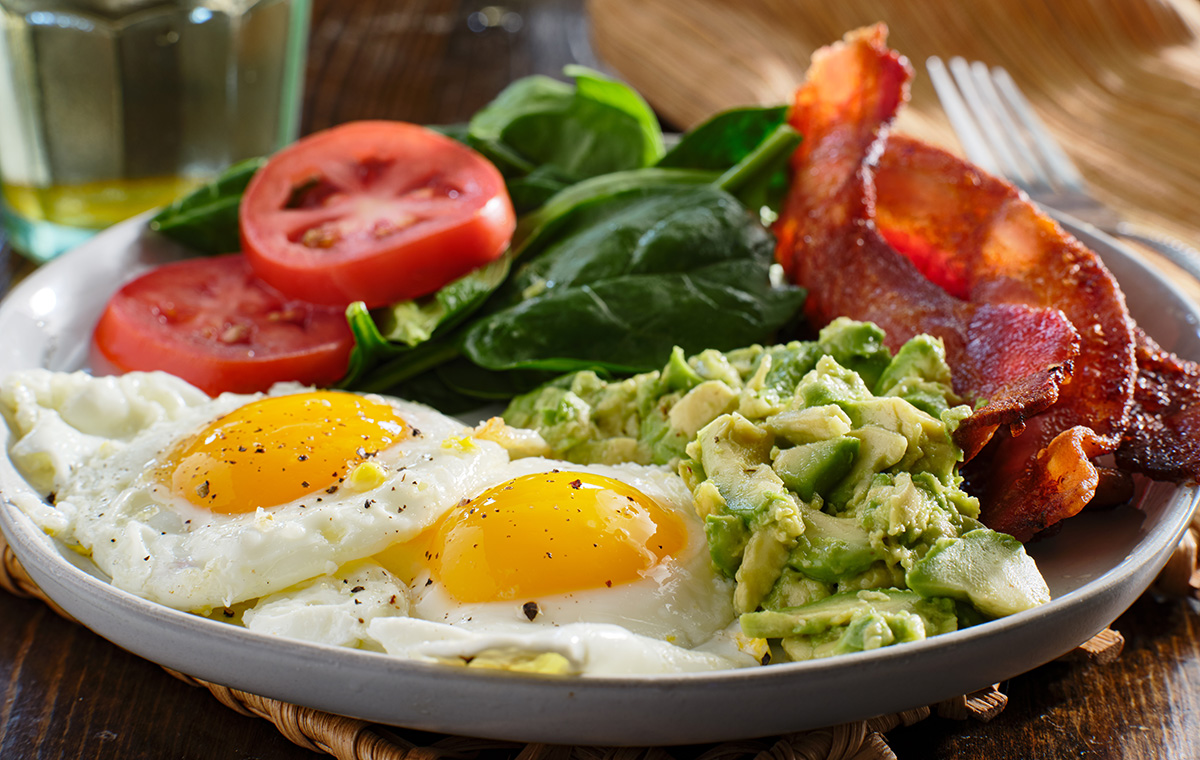

From the potato diet to the Atkins, Keto, blood type, cabbage soup and paleo diets, fad diets have been going on for centuries. From Lord Byron’s 1558 best-selling book ‘The Art of Living Long’ focusing on consuming potatoes to low-carb diets of the 20th century, a focus on weight loss has been a constant. These diets may offer short-term weight loss but are they effective in the long term? And are they good for your health?
Research shows that between 80-95% of diets do not work in the long term and in fact, might be harmful to your gut.
When it comes to assessing the latest fad diet, there are a few key things to keep in mind:
Is it:
- Rich in nutrients and fibre to keep you feeling full and satisfied?
- Is it based on whole, unprocessed foods?
- Is it sustainable to continue eating in the long term?
Many fad diets cut out important food groups that nourish your body, mind and gut. For example, the keto diet (cutting many carbohydrates) was originally developed as a medical diet for epilepsy sufferers. It was never meant to be a diet designed for the general population. In this case, cutting carbohydrates (including whole grains, fruit, vegetables, and legumes) also cuts the important foods that are rich in prebiotic fibres that help feed the good bacteria in your gut. Lack of these prebiotics can cause dysbiosis or an overgrowth of bad bacteria, constipation and evidence is emerging of inflammation that has been linked to many chronic diseases.
Many Fad diets focus on eating less food. As you eat less food, your metabolism slows down as your body goes into survival mode. You may have noticed when you start a diet that you lose weight quickly then this weight loss slows down. In the long term, you can gain more than your original weight due to a slowed metabolism.
Importantly, restricting what you eat can make a significant negative impact on your mood (see our previous blog on food and mood).
A sustainable diet should be based on whole, unprocessed foods such as vegetables, fruits, lean proteins, whole grains and healthy fats. These foods are not only nutritious but they’re also satisfying and will help to keep you full throughout the day.
Here’s how to structure fuelling a healthy body and mind:
- A good rule of thumb is 50-25-25, where 50% of your meal is vegetables, 25% lean protein and 25% high fibre carbohydrates
- Eating regular meals
- Drinking 2 litres of water per day
- Getting plenty of exercise
- Trying to get at least 7 hours sleep per night.
When it comes to fuelling your body, it’s also important to focus on gut health. The gut is home to trillions of bacteria which play a crucial role in digestion, immunity and overall health.
There are a few things you can do to support gut health:
- Consume probiotic-rich foods such as yoghurt, sauerkraut and kimchi.
- Eat prebiotic-rich foods such as bananas, onions and garlic.
- Avoid processed foods, sugar and artificial sweeteners.
- Manage stress levels.
By following these tips, you’ll be on your way to building a healthy body and mind.
Please note, this information is general information only and should not be replaced for individual medical or dietary advice.
